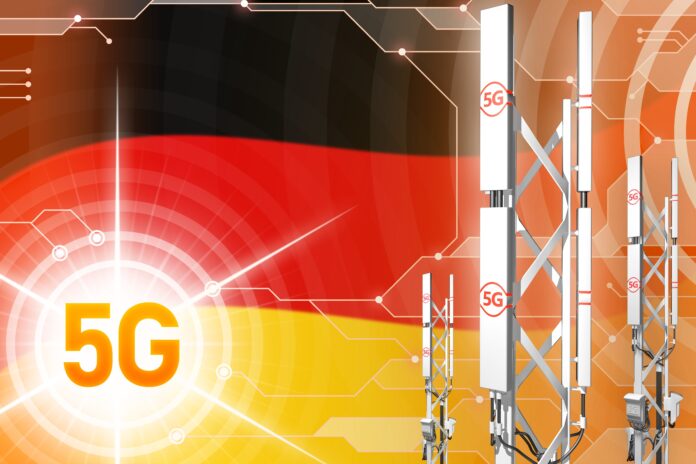The German telecoms regulator must remedy bowing to political pressure on licensing terms the first time round
The German telecom regulator, Bundesnetzagentur, known as BNetzA, must redefine the regulatory framework that underpinned its 5G frequency auction of 2019. This is after the Federal Administrative Court in Leipzig dismissed the appeal launched by BNetzA after it lost the court case brought by network operators Freenet and EWE Tel at the Cologne Administrative Court last year.
The Cologne court had ruled that the conditions for the frequency auction were established unlawfully. The judges found that the Federal Ministry of Transport had brought influenced the terms and conditions of the licences, thereby undermining the independence of the federal authority in Bonn. At time, the Ministry for Transport has headed by the Andreas Franz Scheuer of the Christian Social Union (CSU) party.
Now that the appeal has been dismissed, the Cologne Court’s ruling is legally binding. The head of BNetzA has been quoted saying, “We will promptly restart the 5G frequency process to ensure legal certainty and planning reliability for companies as quickly as possible”.
Why was the court case brought?
Germany ran one of the most expensive spectrum auctions for 5G back in 2019 and was also later to hold the auction than many European countries. Deutsche Telekom, Vodafone, O2 Telefónica, and 1&1 committed to paying a a combined total of about €6.6 billion for spectrum licences.
The licences did not include a ‘service provider obligation’; that is, they did not have to sell mobile contracts and lease network access to MVNO competitors, such as EWE Tel and Freenet. The court found this had weakened their negotiating position.
Freenet has accused BNetzA of delaying tactics by launching the appeal against the Cologne court’s judgement. Its CEO, Rickmann von Platen, was reported saying, “The reallocation must include measures to protect competition,” said Freenet CEO .
What next?
The court case has not cast BNetzA in a good light and it must now consider its options. According to Market Screener, could be drawing up a new set of terms and conditions along similar lines, but with its decisions reached independently this time. This would result in a similar regulatory framework as was used for the auction in 2019 and avoid rerunning the auction.
Alternatively BNetzA could put different rules in place which would necessitate redoing the auction which could raise less for the German exchequer. This option seems less likely.




